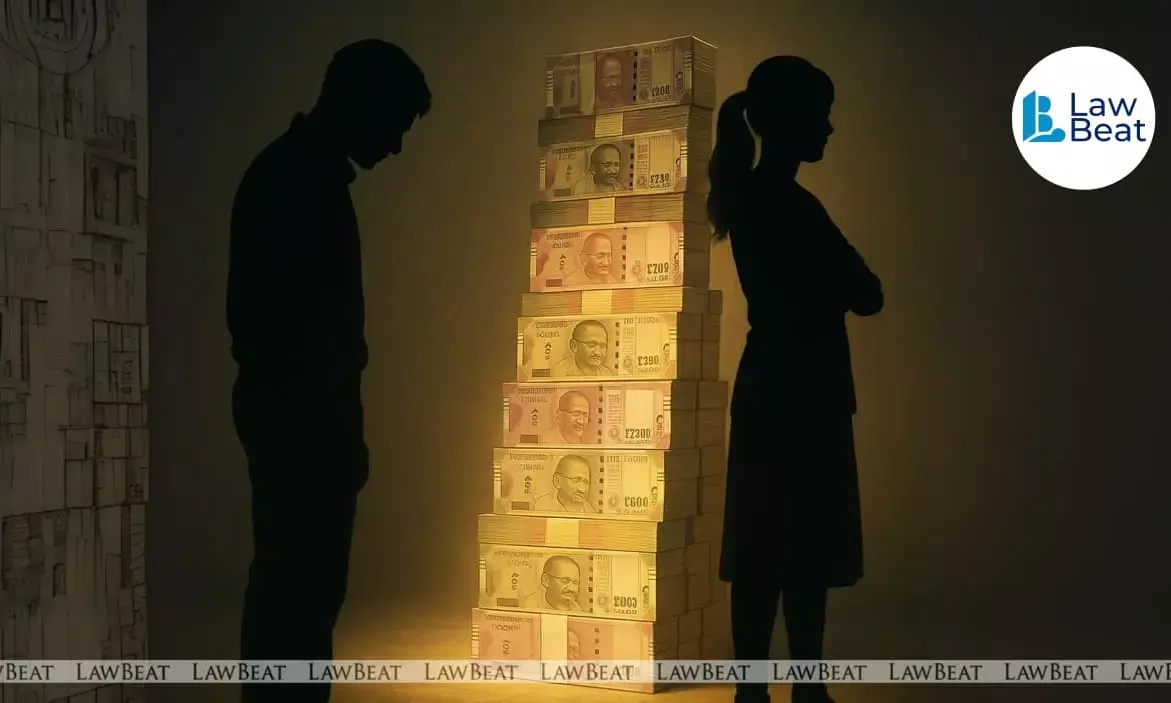‘Not a Punishment Tool’: Madras High Court Refuses to Burden Bedridden Senior Citizen with Wife’s Maintenance

The Madras High Court denies wife maintenance as ailing, financially constrained husband lies bedridden
The Madras High Court at the Madurai Bench recently refused to grant maintenance to a woman, holding that her ailing husband, who is bedridden and financially constrained, cannot be compelled to pay.
The bench of Justice L. Victoria Gowri, while dismissing the revision petition filed by Menaka and her two daughters against her husband Murugan, upheld the Paramakudi Magistrate’s decision, which had denied their claim for Rs. 30,000 per month under Section 125 of the Code of Criminal Procedure (CrPC).
The wife, Menaka, had approached the court asserting that her husband, a retired employee of NTC Mills in Kamuthakudi, had received Rs. 15 lakh as retirement benefits and owned immovable properties. She argued that despite his financial means, he had refused to contribute toward her maintenance or the marriage expenses of their younger daughter.
However, the High Court found merit in the trial court’s view that the husband was himself in financial distress and suffering from paralysis. Court noted that Murugan, now 65, required Rs. 5,000 every month for medical care and had been abandoned by his family. His pension was reportedly between Rs. 5,000 and Rs. 10,000, and he was struggling to defend multiple civil and criminal cases filed against him, including suits initiated by his wife over property and retirement benefits.
"The learned Trial Court has rightly concluded that the first petitioner is able to sustain herself with the support available and the respondent, being a senior citizen with serious medical ailments, cannot be burdened with the additional responsibility of paying maintenance," court said.
Justice Gowri observed that while Section 125 Cr.P.C. was a measure of social justice aimed at preventing destitution, it could not be used to overburden an aged and medically incapacitated spouse. “The entitlement of the wife is subject to proof of neglect or refusal on the part of the husband and also dependent upon his financial capacity,” court remarked.
Citing the Supreme Court’s decision in Chaturbhuj v. Sita Bai (2008), the High Court reiterated that maintenance provisions are not punitive but preventive, designed to ensure that those unable to maintain themselves do not fall into destitution.
Importantly, court referred to the Maintenance and Welfare of Parents and Senior Citizens Act, 2007, highlighting that senior citizens have a parallel statutory right to be maintained by their children. “Courts cannot ignore the balance of obligations under both statutes,” Justice Gowri stated, noting that Murugan’s children had neglected him despite his medical needs.
Court further took note of the husband’s partial receipt of Rs. 3 lakh from his retirement dues and held that the combination of this amount and his modest pension was adequate for his survival, but insufficient to pay additional maintenance.
Concluding that the court below’s findings were based on sound appreciation of evidence, Justice Gowri dismissed the revision petition. “No interference is warranted,” the order read.
Case Title: Menaka and Ors vs. Murugan
Bench: Justice L. Victoria Gowri
